10 Ultimate Secrets: What is Digital Marketing? Expert Guide 2024

Here are 10 important statistics about digital marketing:
- 1. Digital marketing spending is expected to reach $375 billion by 2024.
- 2. 80% of internet users have made a purchase online.
- 3. Mobile advertising will account for 72% of all digital ad spending by 2024.
- 4. Email marketing has an average ROI of 3800%.
- 5. 93% of online experiences begin with a search engine.
- 6. 70-80% of users ignore paid ads and focus on organic search results.
- 7. Video marketing can increase conversion rates by 80%.
- 8. 61% of marketers say improving SEO and growing their organic presence is their top inbound marketing priority.
- 9. 72% of consumers prefer to connect with brands through email.
- 10. Social media marketing has a 100% higher lead-to-close rate than outbound marketing.
What is Digital Marketing?
Digital marketing refers to the use of digital channels, such as search engines, social media, email, and websites, to promote products or services and reach a targeted audience.
It encompasses various strategies and tactics aimed at increasing brand awareness, driving website traffic, generating leads, and ultimately, converting those leads into customers.
Here's an example where I've used AtOnce's AI SEO writer to generate high-quality articles that actually rank in Google:
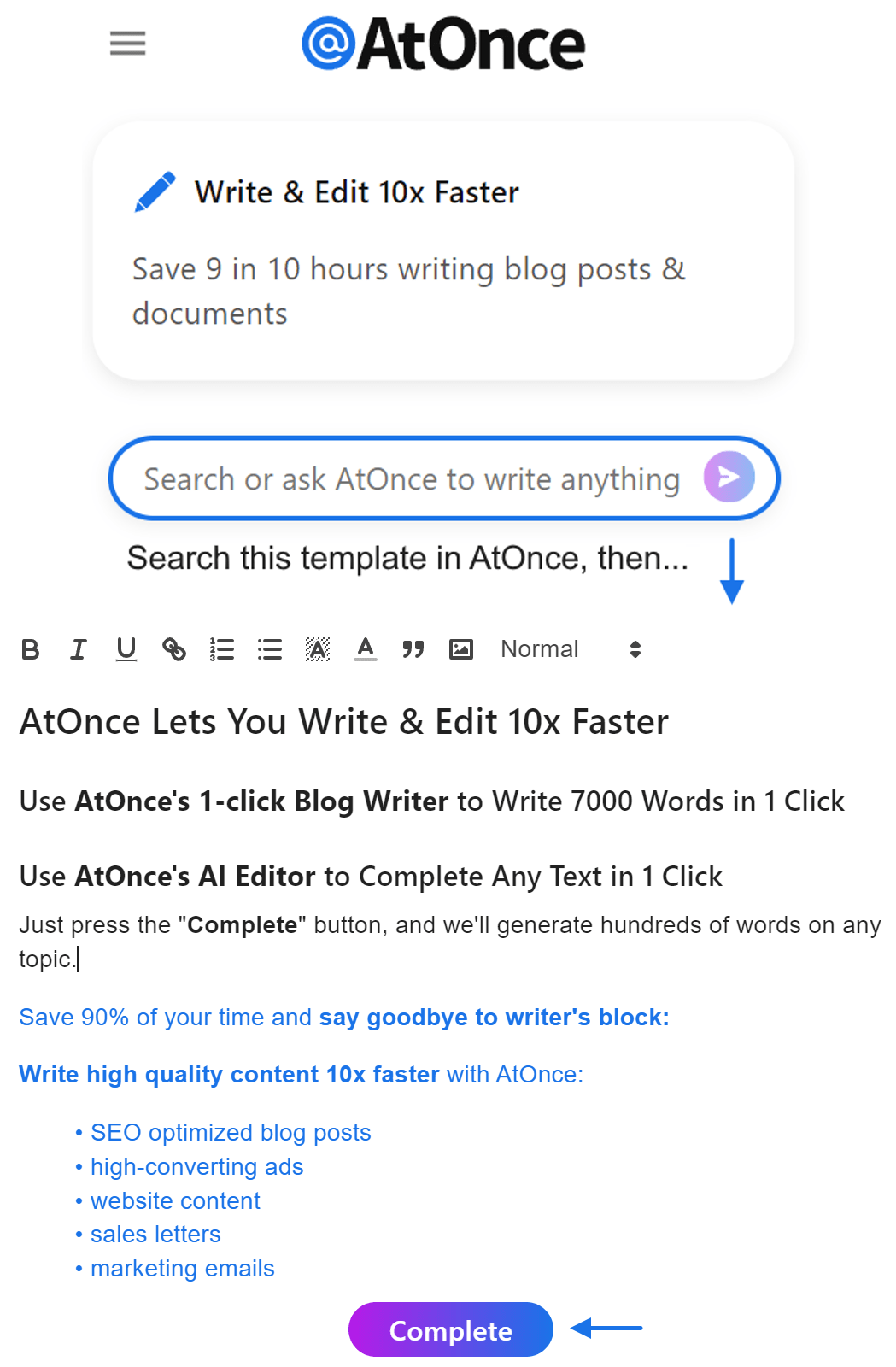
The Importance of Digital Marketing

Digital marketing plays a crucial role in today's business landscape.
With the increasing reliance on the internet and digital technologies, businesses need to adapt and leverage these platforms to stay competitive.
Here are some reasons why digital marketing is essential:
1. Increased Reach and Visibility

Digital marketing allows businesses to reach a global audience, breaking geographical barriers.
With the right strategies in place, companies can increase their online visibility and attract potential customers from all over the world.
2. Targeted Advertising

One of the key advantages of digital marketing is the ability to target specific demographics and audiences.
Through data analysis and segmentation, businesses can tailor their marketing messages to resonate with their ideal customers, increasing the chances of conversion.
3. Cost-Effectiveness
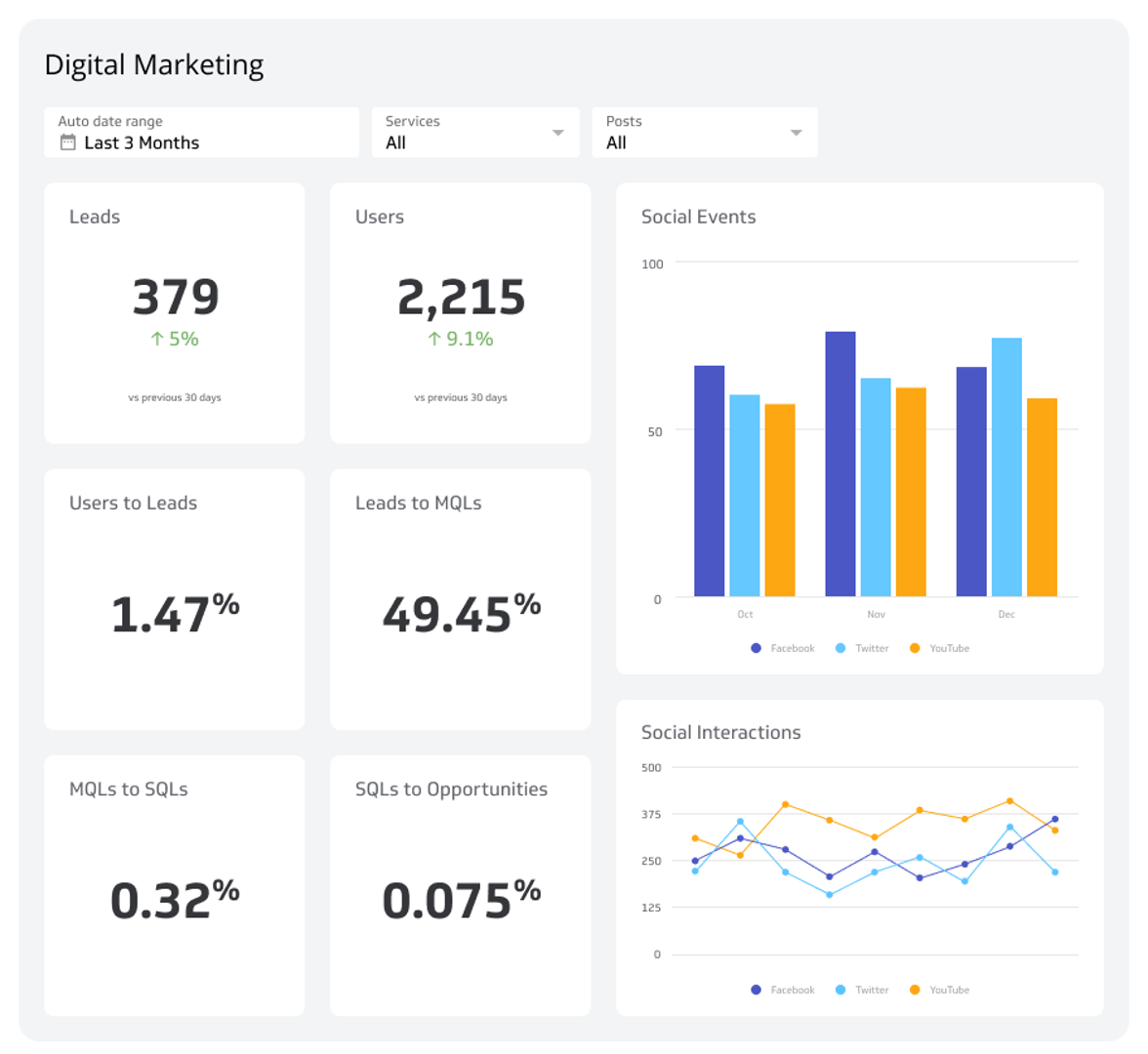
Compared to traditional marketing methods, digital marketing offers a more cost-effective solution.
With various online advertising platforms available, businesses can choose the ones that align with their budget and goals, ensuring maximum return on investment.
4. Measurable Results

Digital marketing provides businesses with the ability to track and measure their marketing efforts in real-time.
Through analytics tools, companies can gain insights into their website traffic, conversion rates, and other key performance indicators, allowing them to make data-driven decisions and optimize their campaigns for better results.
5. Personalization and Engagement

Digital marketing enables businesses to personalize their interactions with customers, creating a more engaging and tailored experience.
By leveraging customer data and preferences, companies can deliver targeted content and offers, fostering stronger relationships and loyalty.
6. Competitive Advantage
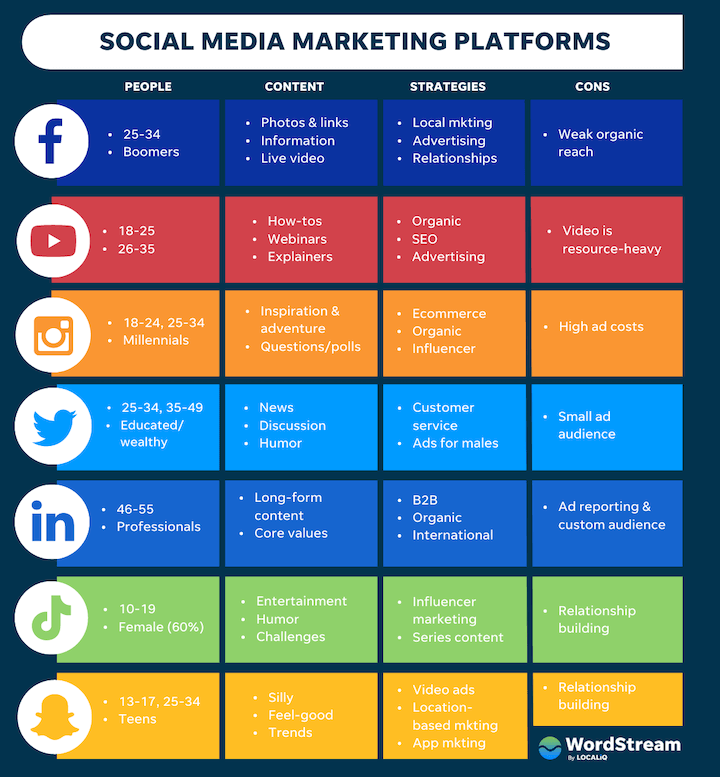
In today's competitive landscape, having a strong digital presence can give businesses a significant advantage over their competitors.
By staying up-to-date with the latest digital marketing trends and strategies, companies can differentiate themselves and stand out in the market.
7. Flexibility and Adaptability
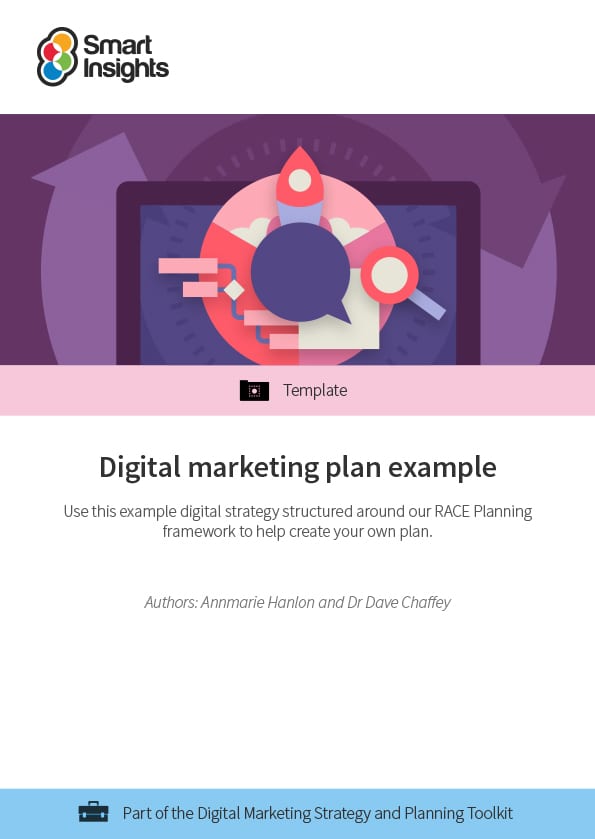
Digital marketing offers businesses the flexibility to adapt and adjust their strategies based on market trends and customer behavior.
With real-time data and insights, companies can quickly identify areas for improvement and make necessary changes to optimize their campaigns.
8. Integration with Traditional Marketing

Digital marketing can complement traditional marketing efforts, creating a cohesive and integrated marketing strategy.
By combining online and offline channels, businesses can maximize their reach and impact, ensuring consistent messaging across all touchpoints.
9. Improved Customer Support
Digital marketing allows businesses to provide better customer support and service.
Through social media platforms and email marketing, companies can address customer queries and concerns promptly, enhancing the overall customer experience.
10. Continuous Learning and Growth
With digital marketing, businesses have access to a wealth of data and insights that can fuel continuous learning and growth.
By analyzing customer behavior and market trends, companies can identify new opportunities, refine their strategies, and stay ahead of the curve.
The Digital Marketing Landscape
The digital marketing landscape is constantly evolving, driven by advancements in technology and changing consumer behaviors.
To navigate this dynamic environment successfully, businesses need to understand the various components and strategies that make up digital marketing.
Here are some key elements:
1. Search Engine Optimization (SEO)
SEO is the process of optimizing a website to improve its visibility and ranking on search engine results pages (SERPs).
It involves various techniques, such as keyword research, on-page optimization, link building, and technical optimizations, to increase organic traffic and attract qualified leads.
I use AtOnce's AI SEO optimizer to rank higher on Google without wasting hours on research:
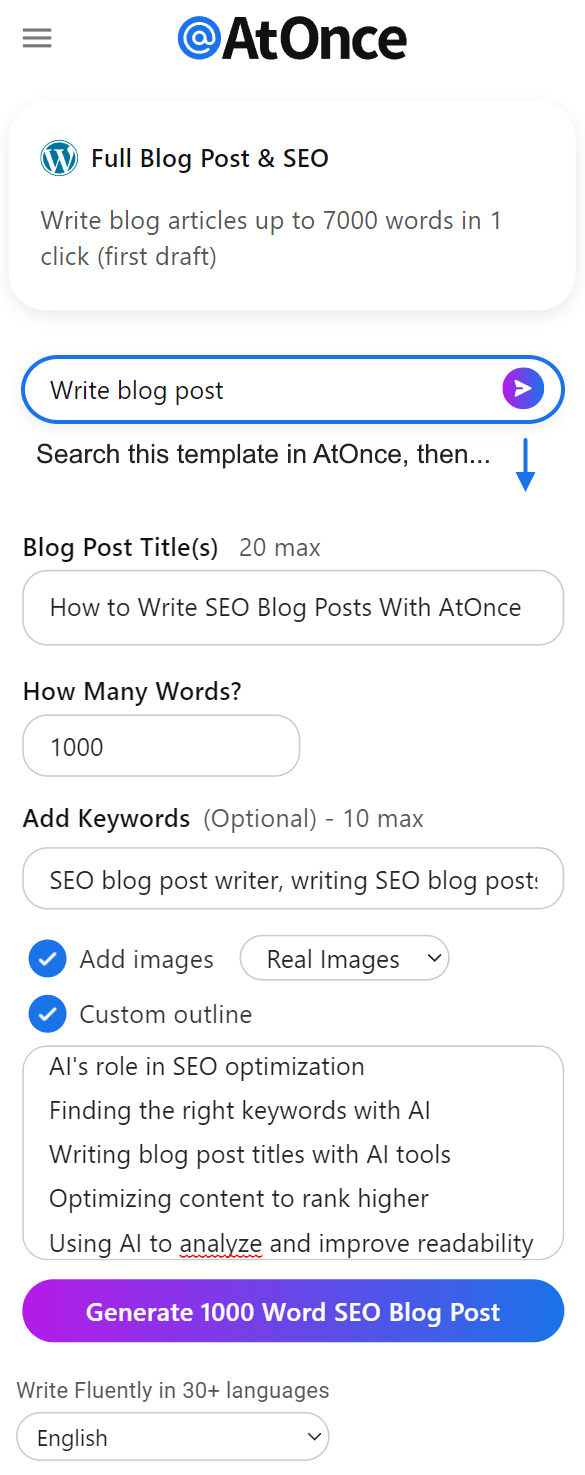
2. Pay-Per-Click Advertising (PPC)
PPC advertising allows businesses to display ads on search engines and other online platforms and pay only when a user clicks on the ad.
It offers a targeted and measurable way to drive traffic and generate leads, with popular platforms including Google Ads and Bing Ads.
Social media marketing involves leveraging social media platforms, such as Facebook, Instagram, Twitter, and LinkedIn, to promote products or services and engage with the target audience.
It includes activities like content creation, community management, influencer partnerships, and paid advertising.
4. Content Marketing
Content marketing focuses on creating and distributing valuable, relevant, and consistent content to attract and retain a clearly defined audience.
It encompasses various formats, such as blog posts, videos, infographics, ebooks, and podcasts, and aims to educate, entertain, or inspire the target audience.
5. Email Marketing
Email marketing involves sending targeted emails to a list of subscribers to nurture leads, build relationships, and drive conversions.
It can include newsletters, promotional offers, personalized recommendations, and automated email sequences.
6. Influencer Marketing
Influencer marketing involves partnering with influential individuals or personalities in a specific niche to promote products or services.
By leveraging the influencer's reach and credibility, businesses can tap into their audience and gain exposure to a highly engaged community.
7. Affiliate Marketing
Affiliate marketing is a performance-based marketing strategy where businesses reward affiliates for each customer or sale they bring through their own marketing efforts.
It allows companies to expand their reach and leverage the networks of affiliates to drive conversions.
8. Mobile Marketing
Mobile marketing focuses on reaching and engaging users on mobile devices, such as smartphones and tablets.
It includes strategies like mobile advertising, mobile-optimized websites, mobile apps, and location-based marketing.
9. Video Marketing
Video marketing involves creating and sharing videos to promote products or services, educate the audience, or tell compelling stories.
It can be done through platforms like YouTube, social media, or embedded on websites.
10. Analytics and Data Analysis
Analytics and data analysis are essential components of digital marketing.
By tracking and analyzing data from various sources, businesses can gain insights into their audience, campaign performance, and overall marketing effectiveness, allowing them to make data-driven decisions and optimize their strategies.
The Future of Digital Marketing
The future of digital marketing is expected to be shaped by emerging technologies and evolving consumer behaviors.
Here are some trends and predictions for the future:
1. Artificial Intelligence (AI)
AI is expected to play a significant role in digital marketing, enabling businesses to automate processes, personalize experiences, and deliver more targeted and relevant content.
AI-powered chatbots, predictive analytics, and voice search optimization are just a few examples of how AI can revolutionize digital marketing.
2. Voice Search Optimization
With the rise of voice assistants like Siri, Alexa, and Google Assistant, voice search optimization will become increasingly important.
Businesses will need to optimize their content and websites to cater to voice queries and provide concise, conversational answers.
3. Augmented Reality (AR) and Virtual Reality (VR)
AR and VR technologies have the potential to transform the way businesses engage with customers.
From virtual try-on experiences to immersive brand storytelling, AR and VR can create unique and memorable interactions that drive engagement and conversions.
4. Personalization at Scale
As customer expectations continue to rise, personalization will become a key differentiator.
Businesses will need to leverage data and automation to deliver personalized experiences at scale, tailoring their marketing messages and offers to individual preferences and needs.
5. Privacy and Data Protection
With increasing concerns about data privacy and security, businesses will need to prioritize transparency and compliance.
Stricter regulations and consumer demands for control over their data will shape the way digital marketing strategies are implemented and executed.
6. Video Dominance
Video content will continue to dominate the digital landscape, with platforms like YouTube and TikTok gaining popularity.
Businesses will need to invest in video production and optimization to capture the attention of their target audience and drive engagement.
7. Social Commerce
Social media platforms are increasingly integrating e-commerce functionalities, allowing users to make purchases directly within the platform.
Businesses will need to adapt their social media strategies to leverage these features and drive sales through social commerce.
8. Micro-Moments
Micro-moments refer to the brief moments when consumers turn to their devices to fulfill an immediate need or answer a question.
Businesses will need to be present and provide relevant information during these micro-moments to capture the attention and interest of potential customers.
9. Interactive Content
Interactive content, such as quizzes, polls, and interactive videos, can enhance user engagement and provide valuable insights.
Businesses will need to incorporate interactive elements into their content marketing strategies to create more immersive and interactive experiences.
Here's an example where I've used AtOnce's AI content generator to write high-quality content: blog posts, emails & ads:
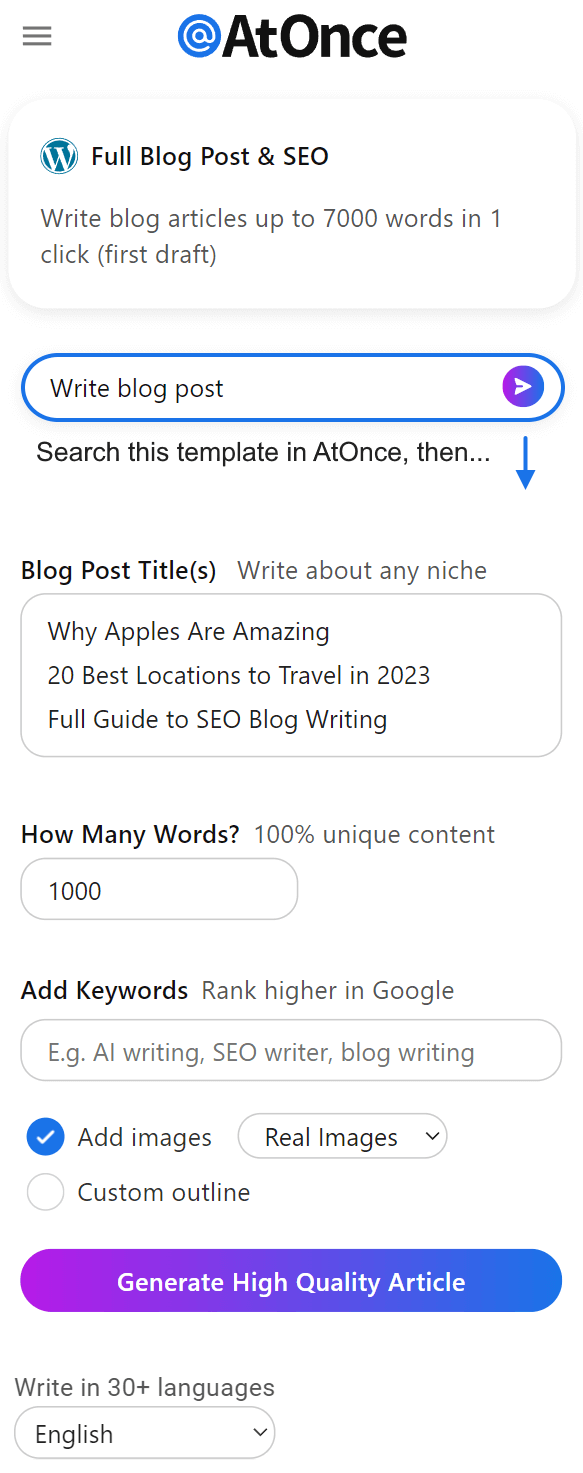
10. Sustainability and Ethical Marketing
As consumers become more conscious of environmental and social issues, businesses will need to embrace sustainability and ethical marketing practices.
Brands that align with values like sustainability, diversity, and social responsibility will resonate with consumers and build stronger connections.
Conclusion
Digital marketing is a dynamic and ever-evolving field that offers businesses numerous opportunities to reach and engage their target audience.
By understanding the various components and strategies of digital marketing, staying up-to-date with industry trends, and leveraging emerging technologies, businesses can stay ahead of the competition and drive meaningful results in 2024 and beyond.
Want To Get More Traffic To Your Site?
Over 15,763 SEO agencies and brands are using AtOnce to rank higher on Google.
It lets you write hundreds of articles on any topic, giving you more clicks to your site.
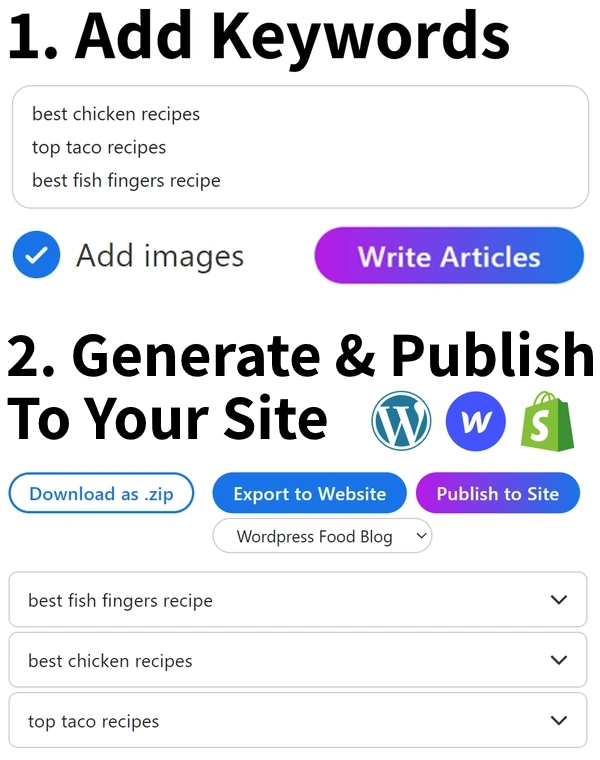
Get more traffic and sales — without wasting months of your time.
Click Here To Learn More
What is digital marketing?
Digital marketing is the practice of promoting products or services using digital technologies, such as the internet, mobile devices, and social media platforms. It involves various strategies and tactics to reach and engage with a target audience, increase brand awareness, drive website traffic, generate leads, and ultimately, convert prospects into customers.
Why is digital marketing important?
Digital marketing is important because it allows businesses to reach a wider audience, target specific demographics, and measure the effectiveness of their marketing efforts. It provides a cost-effective way to promote products or services, build brand reputation, and drive business growth. In today's digital age, having a strong online presence is crucial for businesses to stay competitive and connect with their target market.
What are the key components of digital marketing?
The key components of digital marketing include search engine optimization (SEO), social media marketing, content marketing, email marketing, pay-per-click (PPC) advertising, and analytics. These components work together to create a comprehensive digital marketing strategy that aims to attract, engage, and convert potential customers. Each component has its own set of tactics and best practices to maximize its effectiveness in reaching the target audience.

Asim is the CEO & founder of AtOnce. After 5 years of marketing & customer service experience, he's now using Artificial Intelligence to save people time.
Read This Next
10 Unbeatable Titles for a Writing Blog: Ultimate Guide 202410 Proven Email and Content Marketing Strategies for Success 202410 Proven Digital Marketing Strategies for Manufacturers - 2024 Guide10 Best Sports Betting Content Writing Tips for 2024










